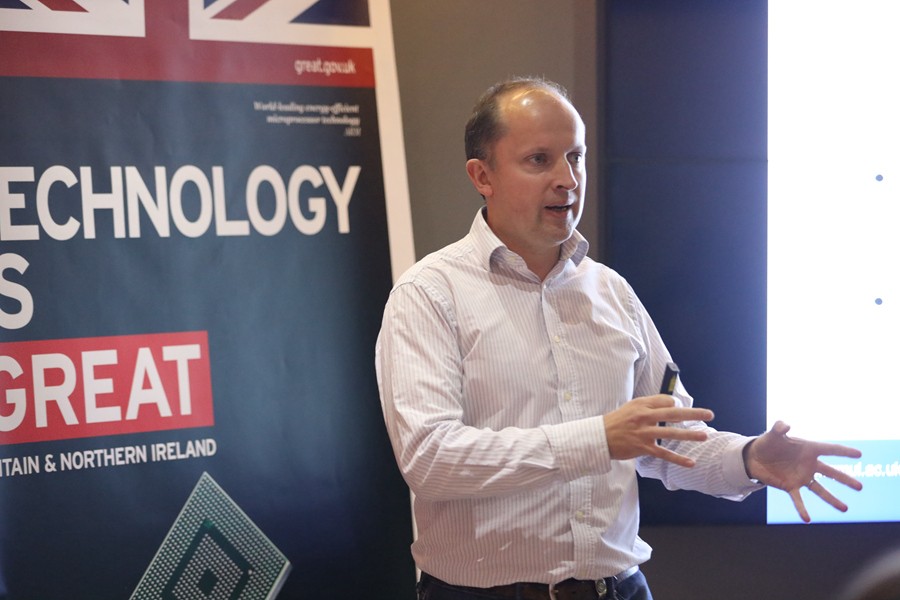
One of the most urgent, and costly problems facing the UK is the huge energy required to power the data centres needed to train and run AI-enabled computing. The electricity demand from UK data centres is predicted to consume up to 30% of our total electricity production by 2034. The cost of supplying this additional electricity is many £ billions, and some of this additional supply would need to come from fossil fuels, increasing carbon emissions and threatening Net Zero targets.
New electronic materials and new approaches to computing may be able to bring down the energy cost of AI computing substantially. In this talk I will present progress in the development two-dimensional (2D) materials for electronics and how they are a potential replacement for silicon in computer chips. The most famous of the 2D materials, graphene, is just one atom thick yet it is the best material for conducting electricity known to mankind. Transistors made of graphene and other 2D materials could reduce energy consumption of computing by >90%, going a significant way towards addressing the challenge of powering AI. This talk will showcase the achievements and discuss the challenges of integrating these atom-thick 2D materials into electronics.

Prof Fenwick graduated in Physics from Jesus College, Cambridge in 2002. He then worked as a Systems Engineer at BAE Systems before completing a PhD on nanolithography of electronic materials. He then worked on organic light-emitting diodes (OLEDs) and polymer transistors at UCL then the University of Strasbourg.
He returned to the UK in 2015 to take up a Royal Society University Research Fellowship at Queen Mary University of London. Since then, he has built a research group around the integration of emerging semiconductors into electronic devices, including thermoelectric generators, OLEDs, transistors and sensors. Since 2019 he has also been working with Paragraf Ltd. on the integration of graphene into electronics. He served on the Management Team of the Centre for Doctoral Training in Plastic Electronic Materials (2018 - 2023) and has been Director for Industrial Engagement from 2020. He was Technical Lead on the UK’s Thermoelectric Energy Conversion Materials Roadmap (2020). In 2024 he was promoted to Professor of Electronic Materials.
Refreshments will be available from 30 minutes before the advertised start time.
![]()
![]()
To book your FREE place, please click Register Now from the event page on our website. Alternatively, just turn up!
Queen's Building
Bishop Hall Lane
Chelmsford
CM1 1SQ
United Kingdom
